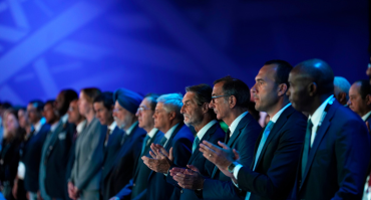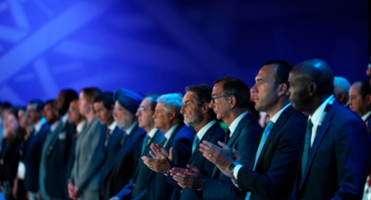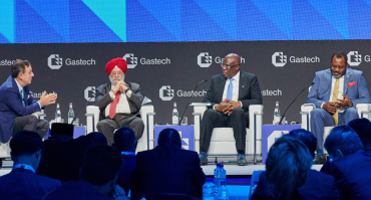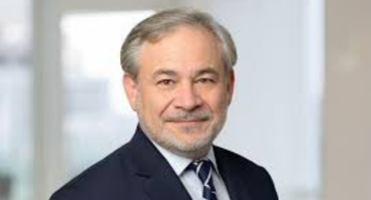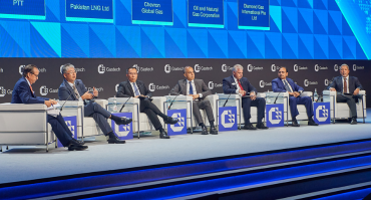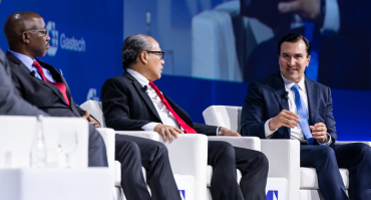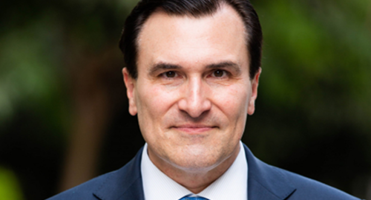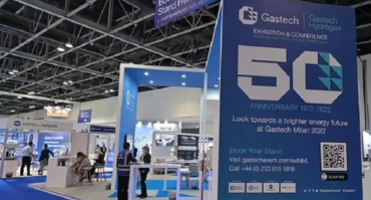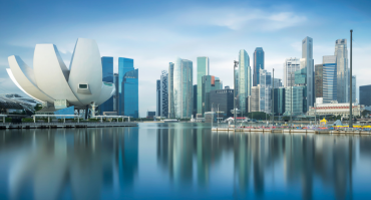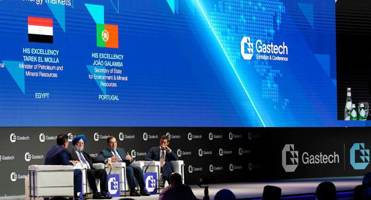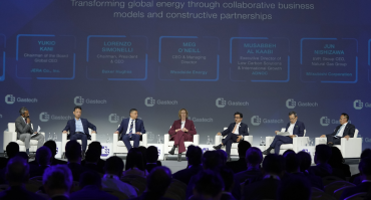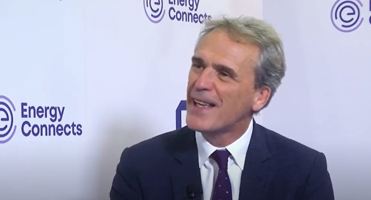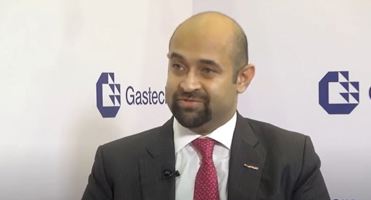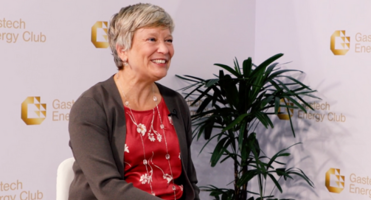Sarah Howell, Vice President, Gastech
Few could have predicted the seismic changes to Germany’s energy policy over the past six months. In 2021 it seemed certain that Nord Stream II would come online and become one of the main providers of German gas. Meanwhile Germany could slowly build up its investment in renewables, meeting the initial targets set out in the EU’s Green Deal. The crisis in Ukraine has changed all of that. Now, Germany is investing heavily in LNG as it seeks to rapidly replace supplies from the Russian pipeline, while simultaneously securing new agreements with suppliers for renewable energy.
The move away from Russian gas has shaped much of the activity around Europe’s energy policy in the last months, but nowhere has this been more striking than in Germany. After years of relying on Russian supply, and an anticipated commitment to further dependence, Germany has now pivoted to LNG deals with other suppliers, with plans in place to reduce Russian gas imports from 55% down to 10% by the middle of 2024.
Efforts are already underway to build Germany’s first permanent LNG terminal, while four FSRUs (tankers that can convert LNG back into gas) have also been rapidly secured. With pressure on the country from industry and consumers to meet existing demand, the challenge for the German government is sourcing enough supply from the relevant partners. The US has been a key player here, agreeing import deals not just with Germany but much of Europe, while Qatar, one of the world’s largest suppliers of LNG, is also expected to contribute significantly.
Co-operation with the Middle East more broadly has been a defining characteristic of Germany’s new energy policy. Earlier in the year, the Green Party’s economy minister Robert Habeck visited both the UAE and Qatar to discuss ways to increase energy trade.
As well as LNG, Habeck agreed hydrogen co-operations deal with ministers from both countries, reflecting Germany’s efforts to step up its investment in the energy transition as a means of easing the extent to which it has to solely replace Russian gas with LNG. Germany’s pre-existing hydrogen strategy had already set down a demand of 3mtpa by 2030, but this spate of agreements, alongside similar commitments with Japan and India, suggest hydrogen has now become a core priority, not just for Germany’s energy transition, but also its energy security.
Based in Milan this September, Gastech will be a key platform for the industry to discuss not only the policy changes taking place in Germany, but across Europe and around the world. Host to the leading companies in LNG and naturas gas across the value chain, and on the doorstep of Europe’s major policymakers, Gastech will be uniquely placed to generate discussions around the industry’s future. Also host to the Gastech Hydrogen conference, Gastech will provide a meeting point for the entire sector to discuss and shape Europe’s energy future.
Don’t miss Gastech 2022, this September 5th-8th in Milan, Italy.
To find out more about the conference, visit our website at:
https://www.gastechevent.com/conferences/strategic-conference
#Gastech, Fiera Milano, Italy 5-8 September 2022







